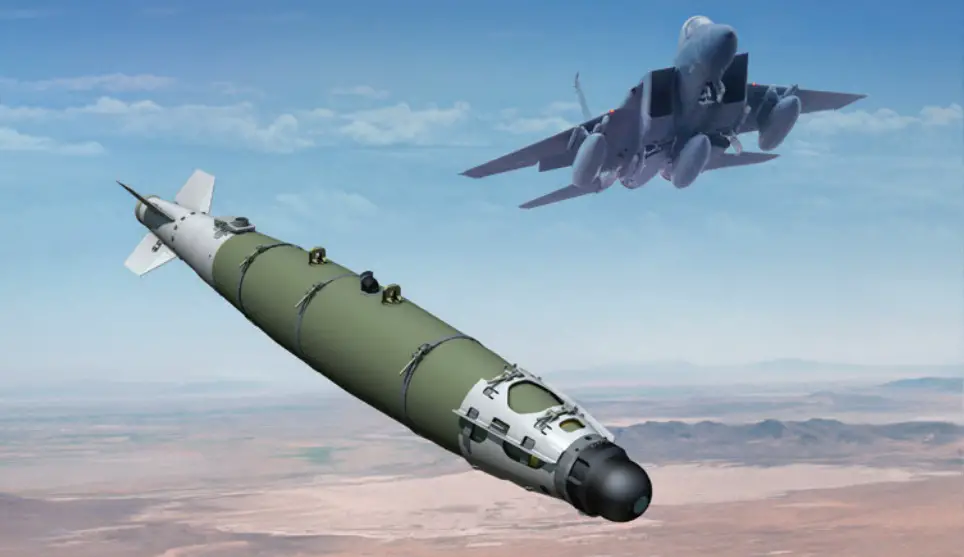The Boeing Company, based in St. Louis, Missouri, has been awarded a $600 million indefinite-delivery/indefinite-quantity (IDIQ) contract for the testing and integration of the Joint Direct Attack Munition (JDAM) and Laser Joint Direct Attack Munition (LJDAM) systems. This contract, secured by the U.S. Air Force Lifecycle Management Center, Hill Air Force Base, Utah, highlights Boeing’s continued role in delivering high-performance, next-generation weapons technologies. The contract is expected to be fulfilled by September 29, 2035, and includes foreign military sales to key allies, including Israel, Singapore, the Philippines, Indonesia, and Turkey. The newly awarded contract provides for technical services, aircraft and weapon system integration, and ongoing sustainment support for JDAM and LJDAM platforms. A sole-source acquisition, this deal solidifies Boeing’s exclusive role in advancing the JDAM system’s capabilities both domestically and internationally. As part of the contract, $3.6 million from the Fiscal Year 2024 procurement funds has been obligated at the time of award.

JDAM is a revolutionary guidance kit that converts unguided gravity bombs, often referred to as “dumb bombs,” into all-weather, precision-guided munitions (PGMs). The system uses an inertial guidance unit integrated with a Global Positioning System (GPS), which allows for targeting accuracy within a 15-nautical mile (28 km) range. The guidance kit can be attached to bombs weighing between 500 and 2,000 pounds (230 to 910 kg), transforming standard munitions into precision weapons capable of striking both stationary and moving targets with high accuracy. The JDAM kit is modular, comprising a tail section fitted with aerodynamic control surfaces and a strake kit to stabilize the bomb’s flight. Once attached, the JDAM-equipped bomb is designated with a Guided Bomb Unit (GBU) identifier, marking its transformation into a precision-guided system.

To enhance JDAM’s versatility, the U.S. Air Force and Boeing have collaborated to integrate laser guidance, leading to the development of the Laser JDAM (LJDAM). The addition of a laser seeker, known as the DSU-38/B, allows JDAM to engage moving targets effectively, a capability previously lacking in traditional JDAM systems. The DSU-38/B laser seeker, developed in partnership with Israel’s Elbit Systems, is part of Boeing’s Precision Laser Guidance Set (PLGS), and is connected to the bomb via a wire harness. The LJDAM system retains the capability to operate solely with GPS/INS guidance if laser designation is not available, ensuring it can still achieve the same level of accuracy in various combat environments. JDAM and LJDAM have both demonstrated their effectiveness in combat operations.

The experience gained during Operation Enduring Freedom and Operation Iraqi Freedom underscored the importance of precision-guided munitions in modern warfare. In multiple tests conducted at Nellis Air Force Base, Nevada, LJDAM-equipped F-16 Fighting Falcons and F-15E Strike Eagles successfully engaged and destroyed high-speed moving targets using onboard targeting equipment to self-designate and guide their munitions. Boeing’s continued work on JDAM and LJDAM testing and integration reinforces its role as a key player in the evolution of precision-guided munitions. With this $600 million contract, Boeing will provide critical support to the U.S. Air Force and allied nations, ensuring the future readiness of air forces to meet emerging threats with unmatched accuracy and reliability. As the system continues to evolve, integrating laser guidance and anti-jamming capabilities, JDAM remains at the forefront of modern military technology.













